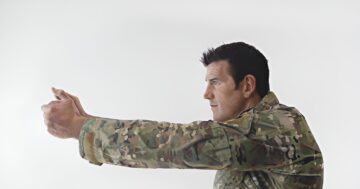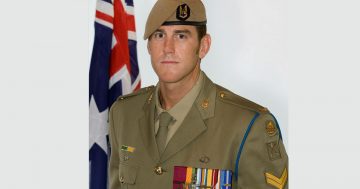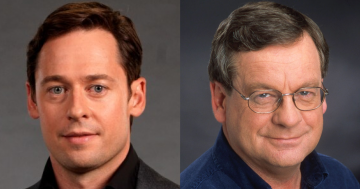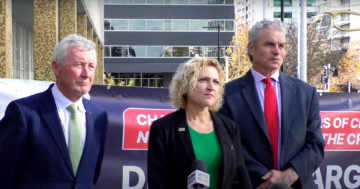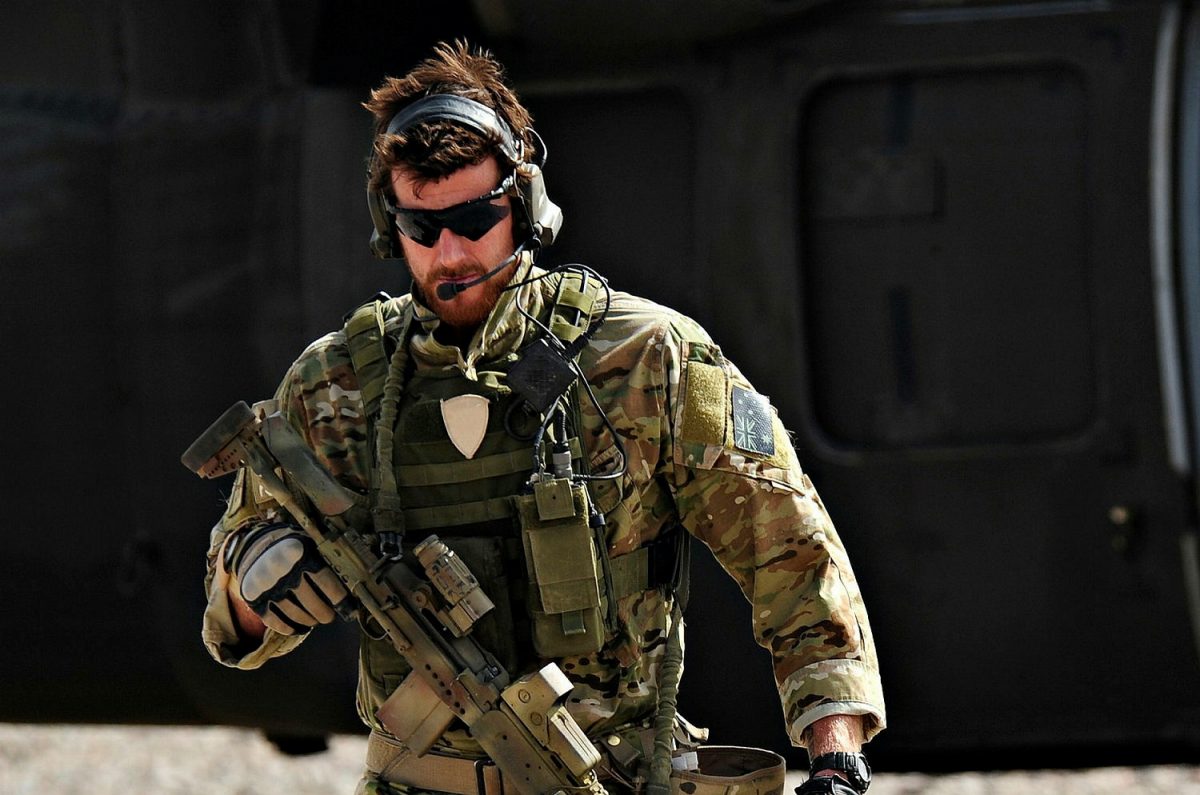
Then Corporal Ben Roberts-Smith in Afghanistan in April 2010. Photo: ADF.
The Federal Court of Australia has found that implications of murder, violence, bullying and domestic violence by Ben Roberts-Smith, the decorated former Special Air Service (SAS) Regiment veteran of the Afghanistan War, in several articles by Nine Entertainment publications have largely been proved, and has dismissed a defamation case brought by Mr Robert-Smith.
The judgment was handed down this afternoon by Justice Anthony Besanko, although the final written judgment will be held off until next week at the request of the Commonwealth to ensure there is no inadvertent disclosure of sensitive information in the judgment.
Mr Roberts-Smith had sued Nine Entertainment publications, The Sydney Morning Herald, The Age, The Canberra Times, and three journalists, Nick McKenzie, Chris Masters and David Wroe in the NSW Federal Court over a series of articles.
His honour said the respondents had effectively proved 10 of the 14 specific implications made by the media reports and that, while four other implications were unable to be proved, there was sufficient contextual truth to them.
Regardless of the judgment, it has been described as one of the most significant and studied defamation judgments in Federal Court history.
The articles were published in three groups in June 2018 and August 2018 covering 14 imputations that accused him of murder, war crimes, bullying and domestic violence, all of which Mr Roberts-Smith has denied. Mr Roberts-Smith wasn’t named in the first two series of articles in June but was named in the August articles.
The case was filed soon after the August 2018 articles were published and, after a delayed start due to the COVID-19 pandemic, hearings spanned some 110 days over nearly 14 months from June 2021 to July 2022.
The 41 witnesses – 26 called by Nine and 15 by Mr Roberts-Smith – included 20 current and former Australian Army special forces soldiers, some of whom refused to give evidence for fear of self-incrimination, and Afghan villagers. There were a reported 6186 pages of transcript, 267 items tendered as evidence and 125 subpoenas were issued.
The news article published in Nine Entertainment claimed Mr Roberts-Smith had either murdered or participated in the murder of six Afghan prisoners or civilians while on deployment with the SAS – Australia’s elite special forces unit – between 2009 and 2012. Enemy prisoners who have been unarmed and are considered under control are protected in military law.
While Mr Roberts-Smith has admitted to killing Afghan soldiers, he claimed they were either in combat, that they were armed and were not under control at the time, or that they were Taliban ‘spotters’, equipped with radios to report coalition soldiers’ positions. He denied one claim that he had kicked a bound Afghan farmer over a cliff, causing him to fall to his death.
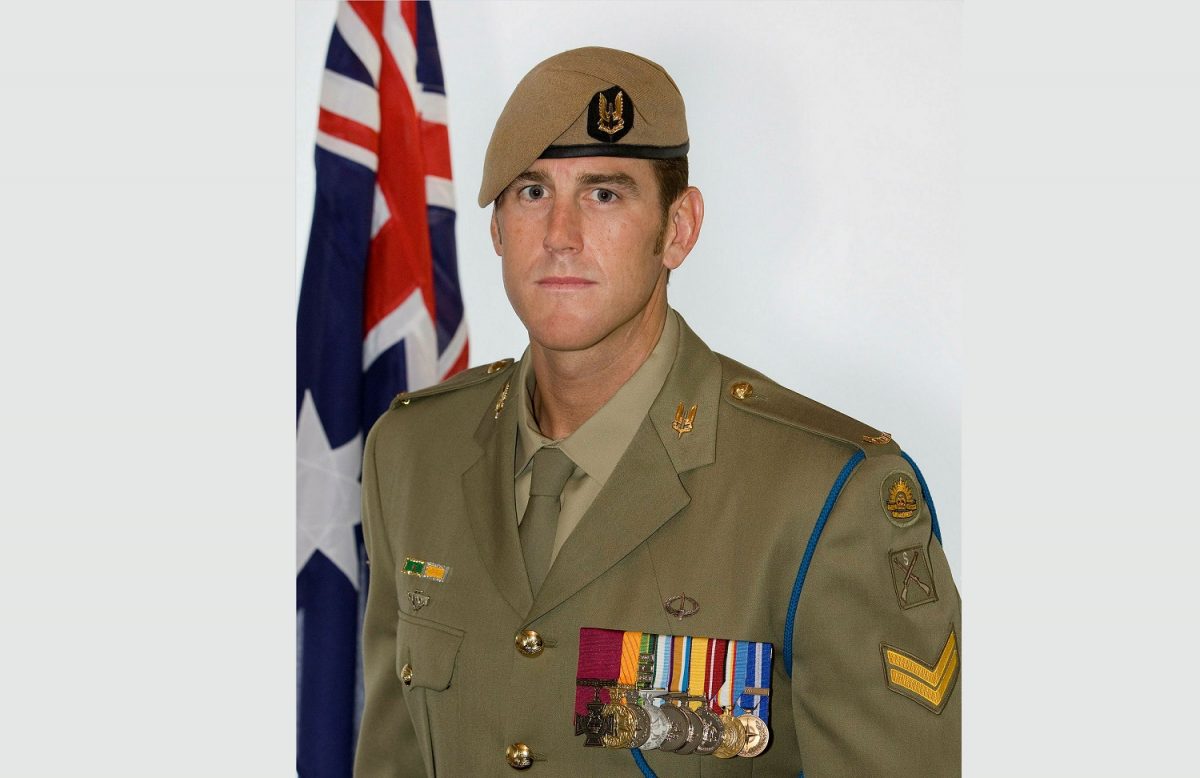
Then Corporal Ben Roberts-Smith after receiving his Victoria Cross in 2011. Photo: ADF
They also alleged that he bullied two former SAS members and punched a woman with whom he had attended a dinner in Canberra in 2018. Mr Roberts-Smith denied punching the woman after she allegedly embarrassed him at the dinner, saying that he felt domestic violence is “a disgusting act of cowardice”.
Mr Roberts-Smith claimed the reporting had wrongly accused him of murder, bullying and domestic violence, and he was seeking damages over the reports. Nine sought to rely on a defence of truth in its defence and, because it was a civil trial, was required to establish the truth defence on the balance of probabilities.
Mr Roberts-Smith was seeking compensatory damages plus aggravated damages for lost career opportunities over the past decade. The civil case was entirely separate from any criminal war crimes cases that may come out of Defence’s Brereton Inquiry. In 2020, that report found that 39 Afghan civilians and prisoners had been unlawfully killed by Australian soldiers from 2007 to 2013.
As an SAS Corporal, Mr Roberts-Smith completed three tours to Afghanistan in 2006, 2009 and 2012. During his second deployment in 2010, he showed conspicuous heroism under fire during the Battle of Tizak, for which he was awarded the Victoria Cross in 2011, Australia’s highest military award.
The trial is estimated to have cost some $25 million. Mr Roberts-Smith has 21 days to appeal the judgment, but His Honour agreed to a case management hearing on 29 June to review this, and the awarding of costs and damages.












